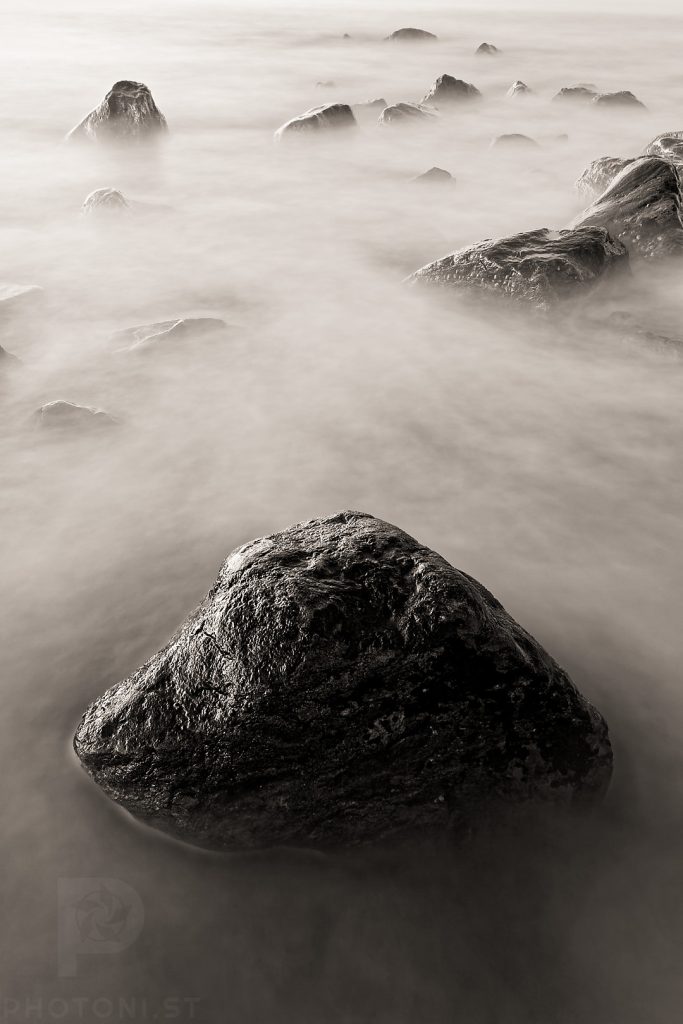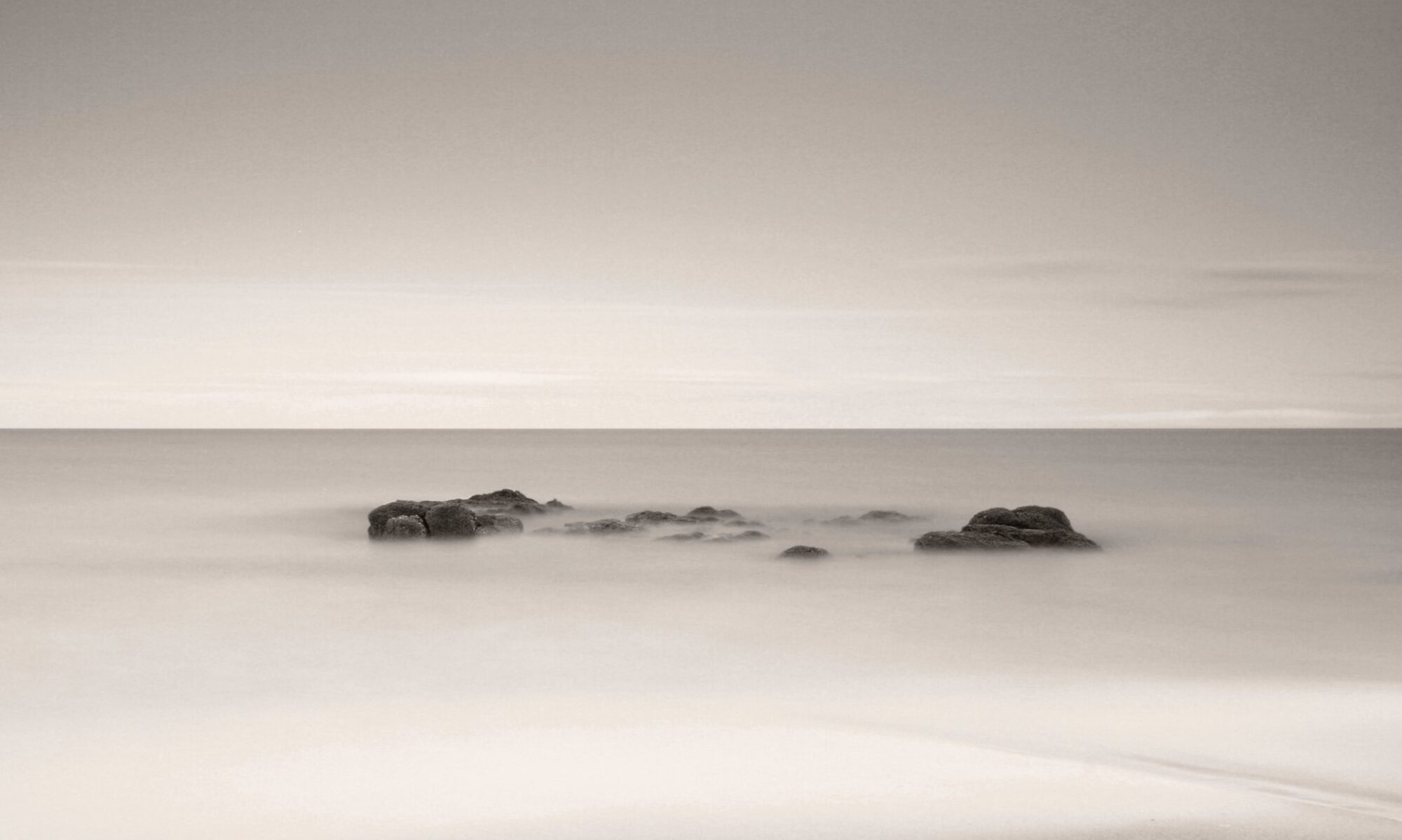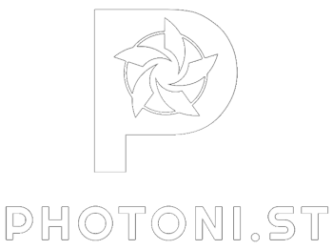A while back, Josh suggested that I read a book by Austin Kleon, “Show your work“. I wasn’t convinced at first I’d be interested, but as he thought I would be, I gave it a chance and bought it. It turns out that the title and the blurbs are misleading and the book is in fact very interesting and overlaps significantly with what I write here.
One of the things Austin says is “become a documentarian of what you do”. When I read that chapter, I had the realisation that this is potentially the one thing I miss the most in the world of photography. It seems photography has lost its documentarians somewhere along the way.

It’s counter-intuitive in our world where photography is absolutely everywhere. We’re drowning in images but starving for insight into how they came to exist. Perhaps this is precisely the problem. When everyone carries a camera, the mystique of creation dissolves. The barrier to entry dropped so low (just get any old camera or use your phone) that we collectively decided the process wasn’t worth discussing. I’m talking in general of course, exceptions exist.
Or maybe photography’s maturity works against it. The medium has been dissected for over a century. Every rule has been codified, every technique explained, every master analysed. The temptation exists to assume everything worth saying has been said. But this ignores how individual photographers develop their vision, how they solve problems, how they make thousands of micro-decisions that separate compelling images from forgettable ones.
Part of the problem is probably that photography is a product oriented culture. We celebrate the final image whilst ignoring the scaffolding that supported its creation. Social media amplifies this tendency by rewarding visual impact over intellectual curiosity. The algorithm doesn’t care how you achieved that striking composition or why you chose that particular moment to press the shutter. It only cares whether people stop scrolling.
This bothers me because I’m fundamentally process oriented. I don’t collect photographs like trophies. I’m far more interested in understanding how to make them well. This led me to study photography through its rules and principles rather than its intuitive aspects. I construct my images methodically because I want to understand the mechanics of visual storytelling.
Paradoxically, I found more thoughtful process discussion in earlier internet days. Communication was slower then, social media didn’t exist, and the barriers to sharing work were higher. Yet photographers seemed more willing to explain their thinking. They wrote detailed posts about their approaches, shared contact sheets, and walked through their editing decisions. The signal-to-noise ratio favoured substance over volume.
Today’s photography discourse feels inverted. We have unprecedented access to information but less meaningful conversation about craft. YouTube tutorials focus on technical execution rather than creative problem-solving (there are obviously exceptions). Instagram stories show behind-the-scenes moments but rarely reveal decision-making processes. Photography blogs have largely devolved into gear reviews and location guides.
What we need are more photographers willing to document their work honestly. Not just the successful shots, but the failures that taught them something. Not just the final edit, but the reasoning behind each adjustment. Not just the obvious techniques, but the subtle choices that distinguish their vision from everyone else’s.
This documentation serves multiple purposes. It helps developing photographers understand that good work results from deliberate choices rather than happy accidents. It preserves knowledge that might otherwise disappear when photographers stop working. Most importantly, it treats photography as an intellectual pursuit worthy of serious discussion.
Some photographers worry that revealing their methods will diminish their work’s impact or give away competitive advantages. This misses the point entirely. Technique can be copied, but vision cannot. Explaining how you achieved something doesn’t make it less impressive. If anything, it demonstrates the thoughtfulness behind work that might otherwise be dismissed as lucky timing.
The best teachers in any field are those who can articulate their processes clearly. They understand that sharing knowledge strengthens the entire community rather than weakening their position within it. Photography desperately needs more practitioners willing to embrace this role.
And let’s face it: as humans, we love to be told a story. We love to hear how other humans do their thing. Even if it’s boring day-to-day stuff, failures, or missed opportunities. Substack is a great example of that: we subscribe to publications that aren’t extraordinary. In fact, we subscribe because they’re ordinary, because we can relate, because we can learn, because they do what we do.
Some famous photographers are regularly interviewed and explain their process. But these are a minority; the very successful ones; the ones who managed to turn their art into a brand. But it’s also interesting to learn about how every day photographers like the rest of us do things, how they plan their photos, what makes them tick, what struggles they face. Success doesn’t make your process more interesting.
I’m not advocating for step-by-step tutorials. I want to see photographers reflecting on their choices, questioning their assumptions, and sharing the messy reality of creative work. The moments of doubt, the experiments that failed, the gradual evolution of their vision over time.
I try to do it my own way with Photos Explained: I try to present every week one of my photos, how I constructed it, what works, and what doesn’t in my opinion. It’s usually very rule oriented because it’s often landscapes, that’s how I learned photography, and that’s how I create my photos (hence my difficulty to switch to street photography).
This kind of documentation requires vulnerability that many photographers seem reluctant to show. It’s easier to present yourself as naturally gifted than to admit you struggled with basic concepts for years. Appearing like you make mistakes and you’re exploring the medium and finding your way won’t make you stand out as an expert in YT videos, so it’s bad for business (as everything is a hussle nowadays). But honesty about the learning process makes the work more relatable and the photographer more credible.
The photography world would benefit enormously from embracing Kleon’s advice. We need documentarians who can bridge the gap between inspiration and instruction, who treat their practice as worthy of serious examination. Only then might we develop the kind of thoughtful discourse that elevates the medium beyond its current state of beautiful but superficial abundance.
The cameras got better, the images got sharper, but somewhere along the way we forgot to keep talking about why any of it matters.
#Photography #Theory #Opinion #IMayBeWrong

